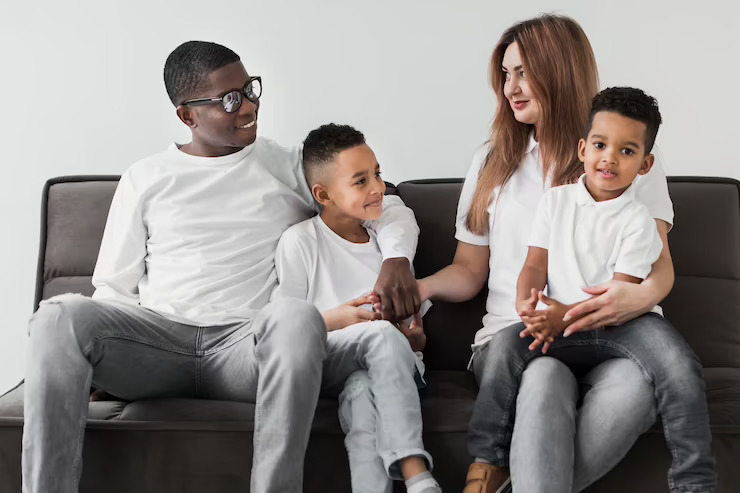The paranoia and the wisdom behind Corona pandemic
3 Steps to overcome the fear and ride the opportunity of change
When Covid19 infection first emerged and started spreading around the world, none of us knew how to react to this situation. World Health Organization (WHO), scientists, governments, and authorities took the front of this news. The news channel flashed news globally with two KEY big messages:
- Coronavirus is deadly and it can kill you
- You may get it easily as it spreads very fast from one person to another
These facts as presented by the authorities had initiated the beginning of this mental experience called Paranoia. Paranoid is a mental state in which a person feels fear of being attacked and there is an unknown element of a scare, anxiety, and uncertainty that may happen next.
This is when the setting of Paranoid started, we all felt the fear of getting infected when none of us were infected then.
The fear of unknown disease which may infect me, my parents, kids, and elders in our families and we may not get adequate treatment to survive through this. Not being infected, but almost had a feeling that we may contract it easily is setting of mild to moderate paranoid state of mind. For the authorities, it rather seemed justified to flash such news, aiming to protect and prevent people from getting sick. However, the news was disclosed in a disproportionate manner and pre-emptively exaggerated call of action towards prevention from disease. There is significant literature out there that establishes, how fear and paranoia can trigger a stress response in our bodies and impact our physical, psychological, and emotional wellbeing. This was the setting of a new psychological disorder linked to anxiety, grief, and uncertainty.
Next, WHO requested the governments to impose a flat embargo calling it “social isolation”- which meant that people must limit their physical movement and confine themselves to their homes? Now, isolating healthy individuals can have serious psychological and physical health consequences and even worse, if the individual’s time frame of isolation is not informed. Imposing social isolation or a lockdown –“I don’t want to go out” vs “You can go out” has two very different outcomes. The later one, makes us sweat under our skin but we can’t do anything about it.
Living in an environment of fear and uncertainty for a prolonged period can lead to the development of a hyper-vigilant state.
Hyper-vigilant states are seen in ex-prisoners, with elevated levels of anxiety. Now, there isn’t epidemiological evidence to certainly say, how healthy people would psychologically end up feeling if they are put in long term lockdown situations in a contagion situation like corona pandemic. But, we do know social isolation has serious consequences on neurological and behavioral health. This becomes even of a greater threat, as modern populations before corona pandemic have increasingly been overfed, have sedentary lifestyles, sunlight-deficient, sleep-deprived, and digitally consumed. Isolation, without giving them alternatives means an increase in the levels of psychological and physical ailments.
Few weeks after the lockdown was imposed, the disastrous effects of social isolation on our physical, mental, and emotional health started to surface. As seen in the illustration below, the families with multiple workers at home (marginalized communities) who are also daily wagers and living at the brink of poverty line were the hardest hit. This is the beginning of a complex multi crisis situation; which includes financial crises, health crises, relationship conflict, and emotional down-regulation. Local and International widespread bankruptcies, extended job losses, and system-wide financial strains have created substantial uncertainty about its impact on people’s lives and livelihoods. The developed countries with advanced economies and developing economies with emerging markets both are now in an economic recession. People hold great pessimism towards the government and its policies, and are angry and retaliating towards them.
More Episodes For You
Comments/ 1
LEAVE A COMMENT
Subscribe To Our NewsLetter






This is a test message